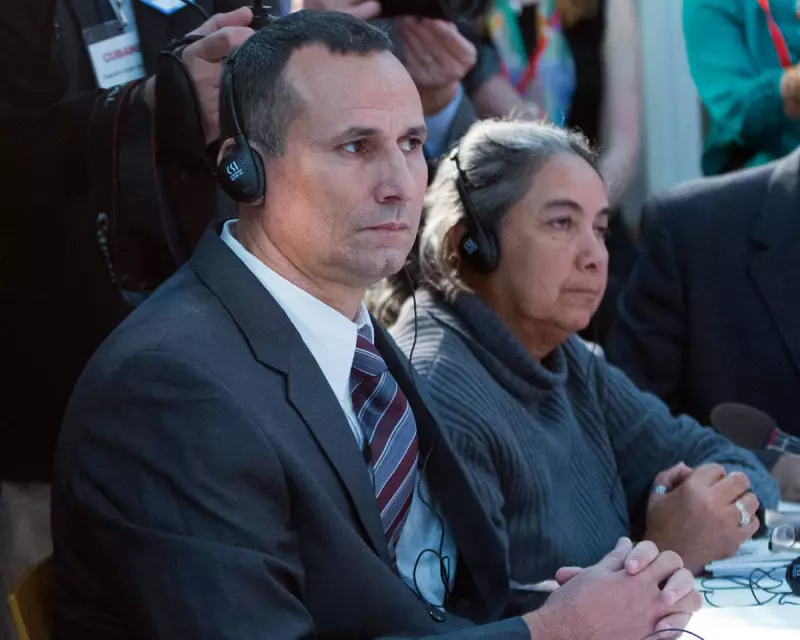
In a significant development that ends years of international pressure, prominent Cuban dissident José Daniel Ferrer has been freed from prison and exiled to the United States. The activist, known for his fierce opposition to Cuba's communist government, had been detained since 2021 on charges his supporters called politically motivated.
From Prison to Exile: A Forced Departure
Ferrer's release comes after extensive behind-the-scenes negotiations between Washington and Havana. Rather than being freed within Cuba, the outspoken critic was compelled to leave his homeland permanently, arriving in the US on Monday to begin his new life in exile.
The 53-year-old activist led the Patriotic Union of Cuba (UNPACU), one of the country's most prominent opposition groups. His imprisonment had drawn condemnation from human rights organisations worldwide, who classified him as a political prisoner.
International Pressure Mounts
Ferrer's case had become a major point of contention in US-Cuba relations. The Biden administration had repeatedly called for his release, while human rights groups documented concerns about his treatment during detention.
"The conditions were harsh, and his health had deteriorated significantly during his imprisonment," reported one human rights monitor familiar with the case.
A History of Activism and Opposition
Ferrer first gained prominence as one of the Group of 75 dissidents arrested during Cuba's 2003 Black Spring crackdown. After his initial release in 2011, he continued his activism, establishing UNPACU and becoming one of the government's most persistent critics.
His final arrest in 2021 came during widespread protests across Cuba, when authorities accused him of assault – charges his family and supporters vehemently denied.
Mixed Reactions to the Resolution
While human rights advocates welcome Ferrer's release, many express concern about the exile condition. "Forcing critics to choose between prison and exile is a longstanding tactic used by the Cuban government to silence opposition," noted a regional human rights expert.
The resolution highlights the complex diplomatic dance between the US and Cuba, where human rights cases often become entangled in broader political negotiations.
As Ferrer begins his life in the United States, questions remain about the future of political dissent in Cuba and whether other imprisoned activists might see similar resolutions to their cases.





